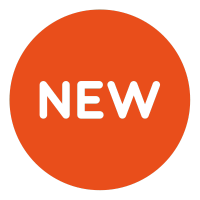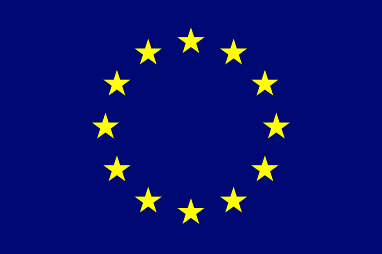Research on Increasing Transparency on Sexual Exploitation and Abuse in the Aid Sector

All aid NGOs should be encouraged to report sexual exploitation and abuse (SEA) when it occurs. Currently there is under-reporting of incidents where people affected by crisis are abused by the very people meant to support them. Even when cases are reported, each NGO working in aid has their own way of recording this information, and not all NGOs make these reports public.
More and better quality of SEA data would mean that we are able to analyse and identify the scale of the problem, as well as the main exploitation and abuse issues that the aid sector needs to confront.
To tackle this problem, CHS Alliance and the Steering Committee for Humanitarian Response have started to explore taking a standardised and comparable approach to collecting data on SEA incidents in aid work. The first step is the GCPS Consulting’s research report.
Key findings:
- Currently aid NGOs do not take a common or comparable approach to collecting and reporting information on cases of sexual abuse, exploitation, or harassment (SEAH) that occurs in the course of their work. Organisations are using very different reporting systems and so information is not available or useful for analysis to better understand the extent of SEAH in aid work.
- The current arrangements of NGOs reporting different SEAH information to different donors can lead to challenges in maintaining confidentiality of the people involved.
- Humanitarian and development organisations are willing and open to taking a harmonised approach to SEAH reporting. Generally, study participants agree that a more harmonised approach to data collection and reporting on SEAH incidents would bring many advantages, if set up with a clear purpose and scope, together with an inclusive approach.
- Initial principles for a harmonised SEAH reporting approach were identified as Protection of the victim/survivor, Confidentiality and data protection, Inclusivity, Common definitions, Simplicity, Transparency and Accountability
The next step is to develop a standardised framework proposal on SEAH data collection, likely based on the existing iReport framework used by the UN. Note that this would not necessarily be a centralized system – it may be that actors not using iReport would prefer for data to still be held and published by individual organisations, but in a harmonized format that allows comparisons and analysis. We are seeking aid organisations who would be interested in volunteering to pilot this approach in 2022.
Do please read the report, share it with your colleagues and get talking – or for those who have already begun this conversation continue talking and building support in your organisation for an approach that creates a more transparent and ultimately safer aid sector.
For any concerns you have or to find out more about piloting the approach contact Coline Rapneau at CHS Alliance: crapneau@chsalliance.org and Gareth Price-Jones at SCHR: schr@ifrc.org

